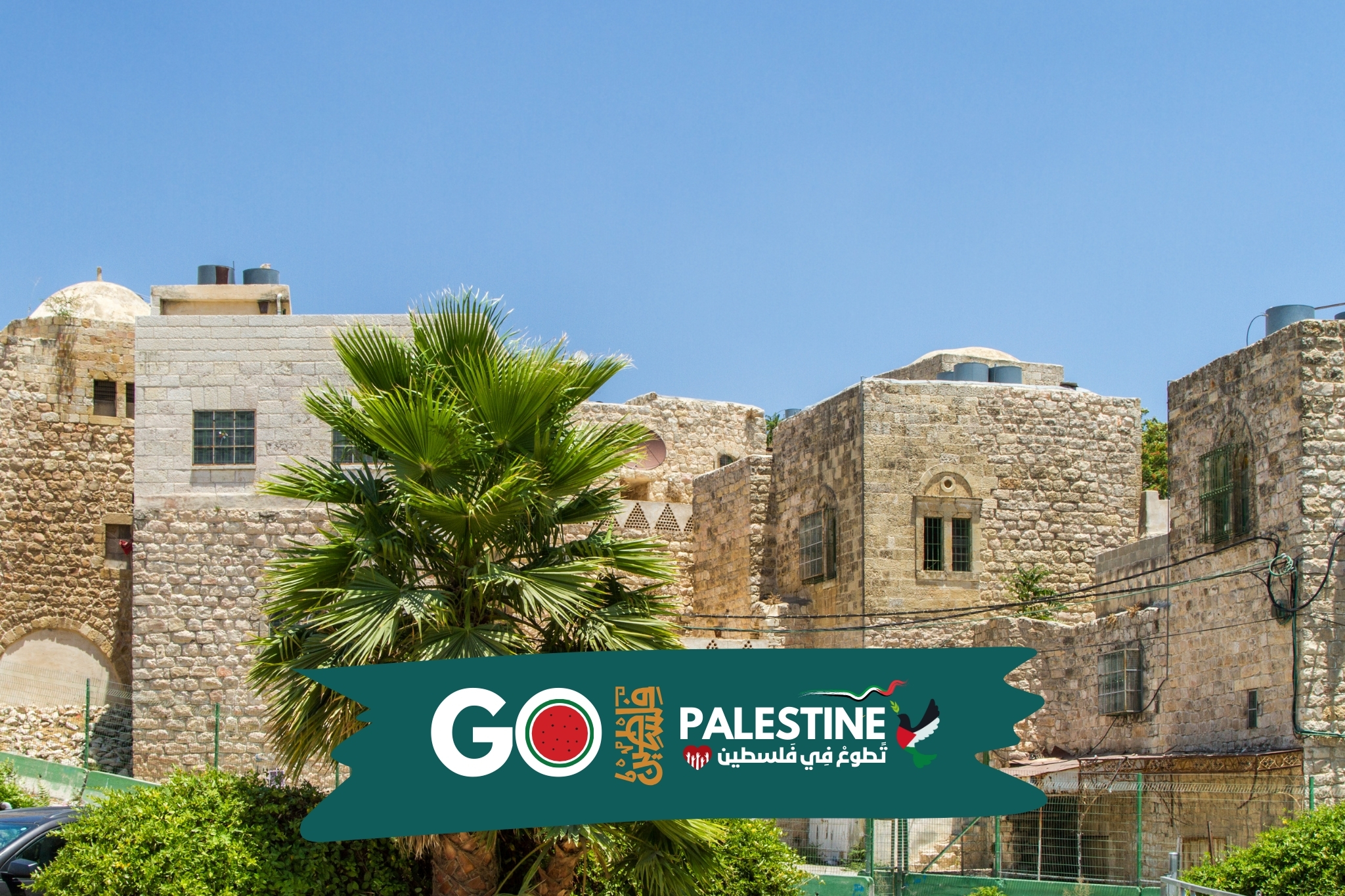
The Labyrinth of Time and Culture
Hebron’s Old City is a mesmerizing maze of bazaars, tea shops, and Israeli checkpoints. It is a paradoxical space—a place of warmth, laughter, and deep cultural roots, yet also a realm shadowed by control and restriction. As you wander through the narrow cobbled streets, the stone walls and ancient archways whisper stories of a millennia-old history. The rusty iron doors, splashed with vibrant yellows and blues, stand alongside ivy vines creeping skyward, forming a living canvas of resilience. Here, history feels alive; every corner holds echoes of love and loss, prayers and protests, and generations who believed their legacy would endure forever.
Shadows of Abandonment
Yet, amidst the charm lies a haunting silence. Many shops remain closed, their iron doors rusting in the quiet. The owners are long gone, their dreams now dust in the wind. Homes, too, stand empty, their windows broken, shutters swinging idly in the breeze. The only life left in these forgotten spaces are the fluttering wings of pigeons and the silent prowl of stray cats. Above the streets, a fragile canopy of corroded iron and chicken wire stretches out—a makeshift shield against attacks from settlers occupying homes that once belonged to local families. The air is heavy with an unshakable feeling of loss, a lingering echo of a more vibrant past.
Barriers and Checkpoints: Symbols of Control
Checkpoints dot the Old City like scars on its ancient face. Each one serves as a reminder of restricted freedom—movement, prayer, and daily life dictated by external forces. To visit a friend or pray at the Ibrahimi Mosque, Palestinians must seek permission from soldiers manning these barriers. Yet, foreigners often pass without question, treated with more dignity than the very people who call this place home. Makeshift walls funnel movement through pre-planned routes, plastered with graffiti and slogans—small acts of defiance in the face of systemic oppression. But even in such suffocating circumstances, the spirit of resistance persists.
Resilience in the Face of Oppression
Every Saturday, tension fills the air as settlers and soldiers flood the streets under the guise of religious processions. Behind closed doors, children watch with wide eyes while shopkeepers brace for confrontation. These gatherings often devolve into harassment and violence, with settlers taunting locals, hurling insults, and asserting dominance under military protection. Despite this weekly ritual of intimidation, the locals refuse to bow. They stand firm—shops reopen, tea is shared, and conversations flow amidst the ever-looming presence of occupation. Their laughter, their stories, and their refusal to leave are testaments to an unyielding spirit that refuses to be silenced.
